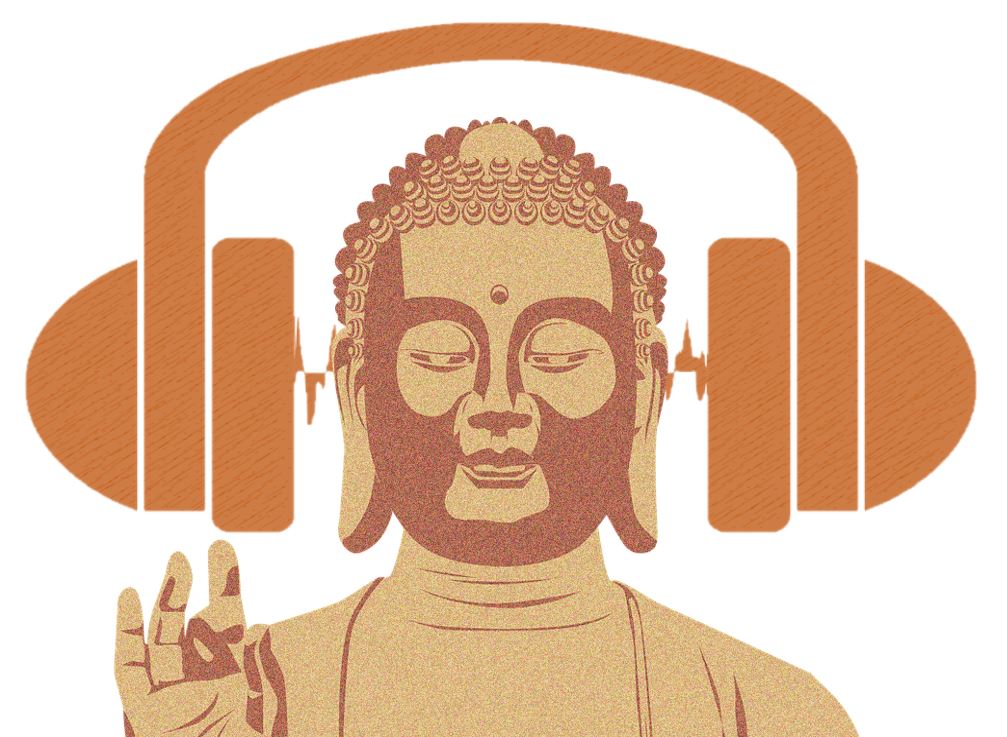
It’s not uncommon to think of insight as cool clarity, but its deepest power may arise through the warmth of the heart.

The Jataka Tales are stories of the past lives of the Buddha. More importantly for our purposes, they are teaching lessons about the qualities of heart and mind to be developed if we want to get free from the grips of greed, aversion, and delusion. For this evening’s presentation, Rich will read Jataka 33, the Sammodamana Jataka. We will then break into small groups (both in person and on Zoom) to discuss the lessons we can find from this simple story. Then Sara will read it again, and the discussion groups will meet again to see what new insights arose from hearing the Tale a second time. We will close the evening by sharing with the large group. Join us for an evening of learning in community.

We will look at the timeless nature of the Dharma, exploring the question ~ What if time is part of the root of suffering? We’ll look at the impact of attachment to schedules and productivity and some of the ways that Buddhist teachings challenge these conventional understandings. And how as we practice and see more clearly, we the possibility of liberation from suffering for ourselves and our communities deepen.

The skandhas and the four foundations of mindfulness map the same experiential territory. We’ll explore how seeing this can change our practice and point to a deeper understanding of not-self.

At some point, hopefully we begin to fall in love with meditation and the inherent wisdom we gain from this path of practice. This means we really make it a top priority, not because we “should” or think it’s a good idea, but because we start to see the tangible benefits manifesting in our life. We may also begin to get a sense of spiritual urgency or samvega. We understand that meditation can be a stable, reliable refuge for us even during the difficult times in our lives.

Reflections on the fire element, how it shows up in us and in society, and suggestions for practice.

The Historical Buddha said that he taught only suffering and the end of suffering. While this sounds straightforward, the psychology, multitude of methods, and 1000s of the Buddha’s discourses can make understanding how to end suffering unclear and confusing.
At the center of getting a sound overview of practice, and understanding how the many pieces of practice fit together in one, cohesive whole, is the principle of discovery. It is the center piece around which all elements of practice revolve.
The talk and discussion this evening will focus on this important principle and the role it plays in meditation, daily life, and relationships.

Join us as we continue the conversation from our February 13th introduction to SIM’s Five-Year Plan and fundraising effort. This gathering will be an opportunity for the community to ask questions, share reflections, and engage in small group discussions about the future of our sangha.
If you missed the February 13th presentation, you can listen to the recording here: State of the Sangha.
Your voice is essential as we navigate the choices ahead. Whether you have questions, concerns, or ideas to share, we encourage you to participate in this important dialogue. Together, we can shape a sustainable and thriving future for SIM.

What happens when we let go of expectations and open fully to life as it is? This talk explores the freedom that comes from releasing grasping and resistance, allowing us to meet each moment with wisdom, compassion, and ease.
Visit Us
SIM meets online and in-person at the Sacramento Dharma Center
What is Dana?
Dana is a Buddhist word that means generosity or heart. Nearly all Sacramento Insight Meditation activities are offered on a dana (donations) basis. This means our programs are sustained by the generosity of instructors in offering teachings freely and on the generosity of students and members of the meditative community in the form of financial support, service and participation in events. Practice dana, please support our Sangha. DONATE NOW
